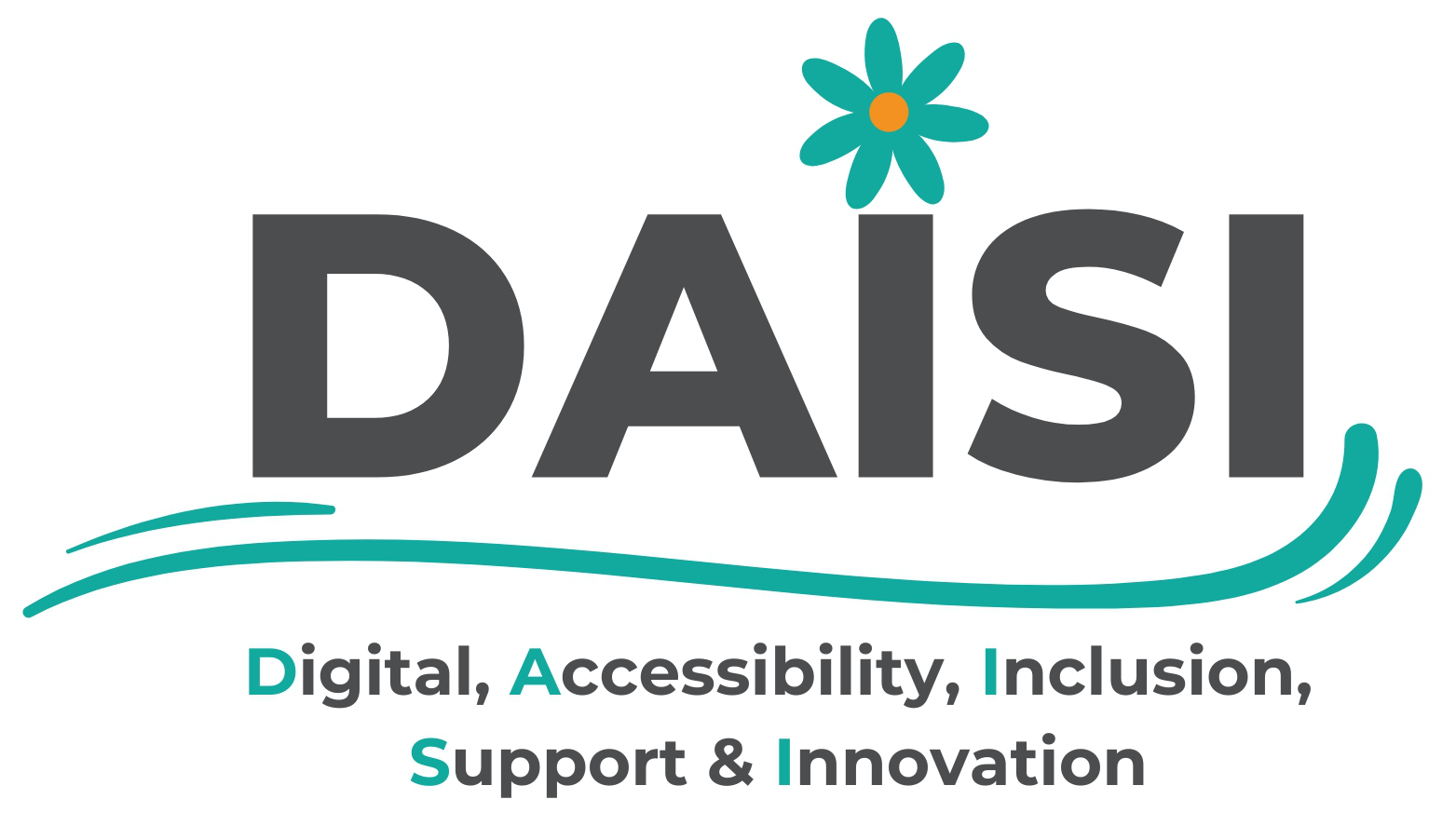As our lives become increasingly digital, online security has never been more important. From banking and shopping to socializing and working, much of what we do now happens online — and with that convenience comes risk.
Cybercrime, identity theft, and data breaches are daily realities in the connected world. Understanding online security is essential for protecting personal information, finances, and privacy in the digital age.
1. What Is Online Security?
Online security — also known cybersecurity — refers to the protection of computers, networks, and data from unauthorised access, damage, or theft.
It involves using tools, strategies, and good digital habits to keep personal and organizational information safe.
In essence, online security is about maintaining three core principles:
- Confidentiality: Only authorized people can access your data.
- Integrity: Information remains accurate and unaltered.
- Availability: Systems and services are accessible when needed.
Every time you use a password, verify an email, or update software, you’re practicing online security.
2. The Importance of Online Security
The digital world has made communication and commerce easier than ever — but it has also created new opportunities for cybercriminals.
Personal data, once locked away in filing cabinets, now moves across global networks every second. Without proper protection, that data can be intercepted, stolen, or misused.
Online security is vital because it:
- Protects personal information and identity.
- Prevents financial loss through fraud or scams.
- Ensures the reliability of essential systems like banking and healthcare.
- Maintains trust in digital transactions and communication.
In short, cybersecurity is the foundation of a safe and functioning digital society.
3. Common Online Threats
| Phishing | Deceptive emails or messages that trick users into revealing information | Fake “bank” emails asking for login details |
| Malware | Malicious software that infects computers | Viruses, spyware, ransomware |
| Data Breaches | Unauthorized access to sensitive databases | Leaked customer data from major companies |
| Identity Theft | Criminals using stolen information to impersonate victims | Opening credit accounts in another person’s name |
| Social Engineering | Manipulating people into bypassing security procedures | Fraudsters posing as IT support |
| Password Attacks | Guessing or stealing weak passwords | Credential stuffing or brute-force attacks |
These threats continue to evolve, becoming more sophisticated with the use of AI and automation.
4. How to Protect Yourself Online
Online security isn’t just about technology — it’s also about habits.
Here are key practices for staying safe:
- Use Strong Passwords: Combine letters, numbers, and symbols; avoid reuse.
- Enable Two-Factor Authentication (2FA): Adds an extra layer of protection.
- Update Regularly: Keep operating systems and apps up to date to patch vulnerabilities.
- Beware of Suspicious Links and Emails: Verify senders before clicking or downloading.
- Use Secure Connections: Look for “https://” and avoid public Wi-Fi for sensitive tasks.
- Backup Data: Store copies of important files offline or in secure cloud storage.
- Install Antivirus and Firewall Software: Protect against malware and intrusions.
- Limit Personal Sharing: Avoid posting sensitive details like addresses or travel plans.
A few simple precautions can prevent most online attacks.
5. Online Security for Businesses
Organizations face even greater challenges. Cyberattacks can result in massive financial loss and damage to reputation.
Businesses should implement:
- Network Monitoring: Detect and respond to suspicious activity.
- Employee Training: Prevent phishing and human error.
- Data Encryption: Secure sensitive information in storage and transit.
- Access Controls: Limit employee permissions to only what’s necessary.
- Incident Response Plans: Ensure quick recovery after a breach.
Cybersecurity isn’t just an IT issue — it’s a business priority.
6. The Role of Governments and Regulation
Governments play a critical role in ensuring digital safety through legislation and cooperation.
Laws such as the General Data Protection Regulation (GDPR) in the EU and the Data Protection Act in the UK set standards for how organizations handle user information.
International agencies and cybersecurity alliances work together to combat cybercrime across borders, but enforcement remains challenging due to the global and anonymous nature of the Internet.
7. The Future of Online Security
As technology advances, so do threats — but so does defense.
Emerging trends include:
- Artificial Intelligence: AI-powered security tools detect and stop attacks faster.
- Biometric Authentication: Fingerprints and facial recognition replacing passwords.
- Zero-Trust Security Models: Every user and device must prove legitimacy before access.
- Quantum Encryption: Next-generation cryptography for unbreakable data protection.
- Public Awareness Campaigns: Encouraging safe online behavior from an early age.
The future of cybersecurity depends as much on people’s awareness as on technological innovation.
8. Balancing Security and Freedom
Online security isn’t just about protection — it’s also about ethics. Too much surveillance can threaten privacy and freedom of expression.
The challenge for the digital age is to create systems that are safe but also respect individual rights.
Security and freedom must evolve together to build a trustworthy Internet for all.
Conclusion
In the connected world, online security is everyone’s responsibility. From individuals to global corporations, every click, password, and transaction contributes to the safety of the digital ecosystem.
As technology continues to advance, the best defense will always be awareness, caution, and continuous learning.
The Internet has given us limitless opportunity — and with it, the duty to protect ourselves and one another.
Online security isn’t just about staying safe — it’s about ensuring the digital world remains open, trustworthy, and human.







